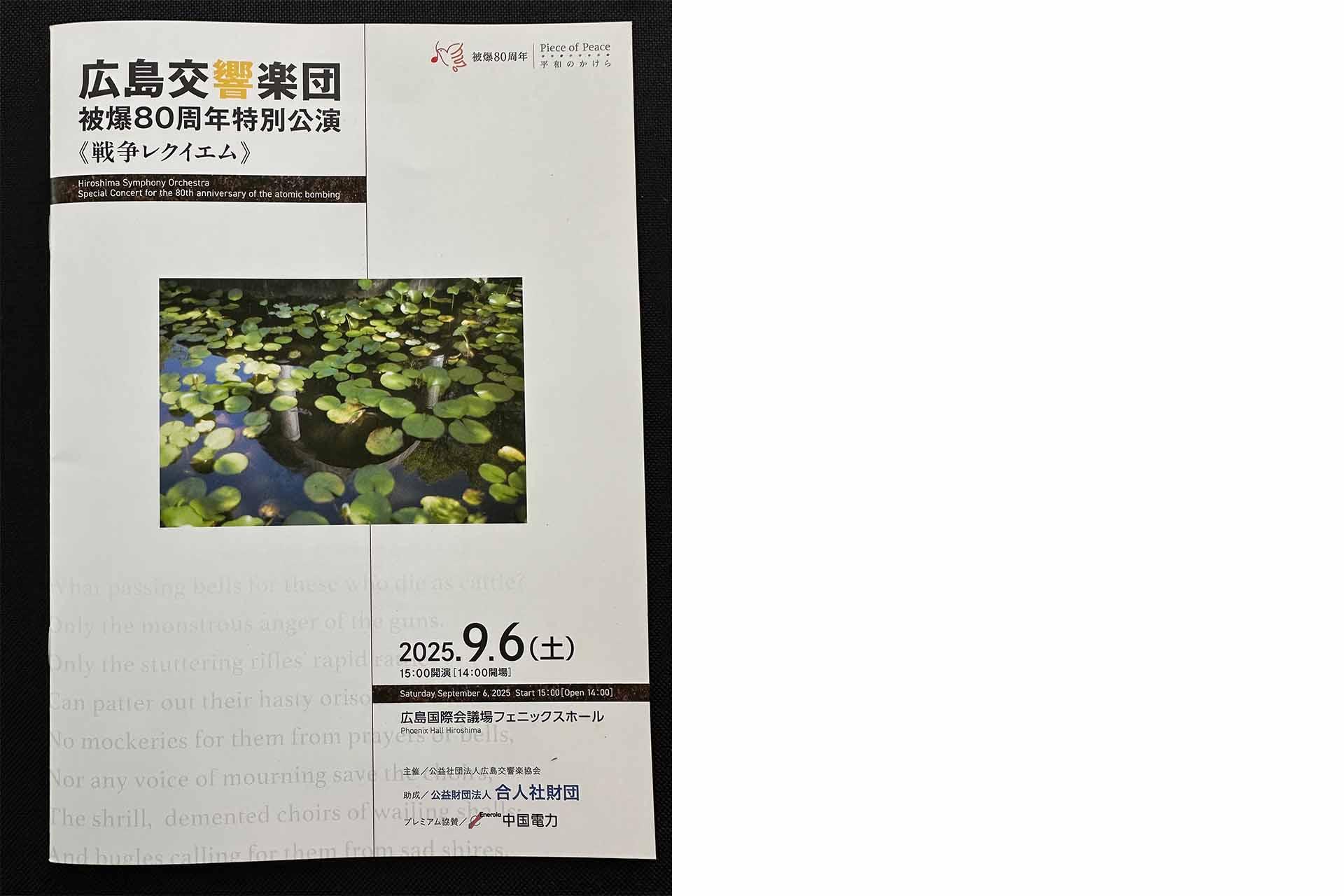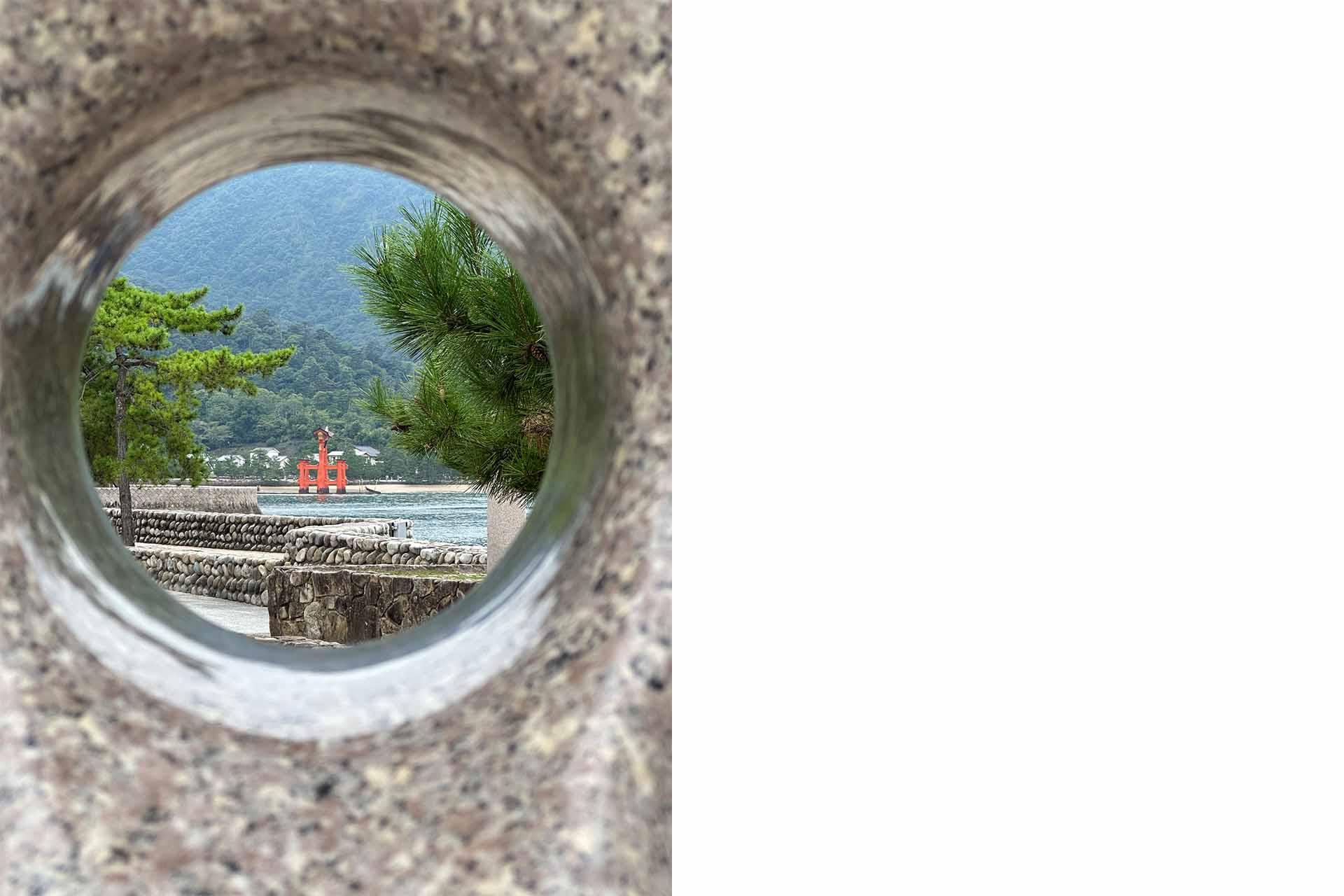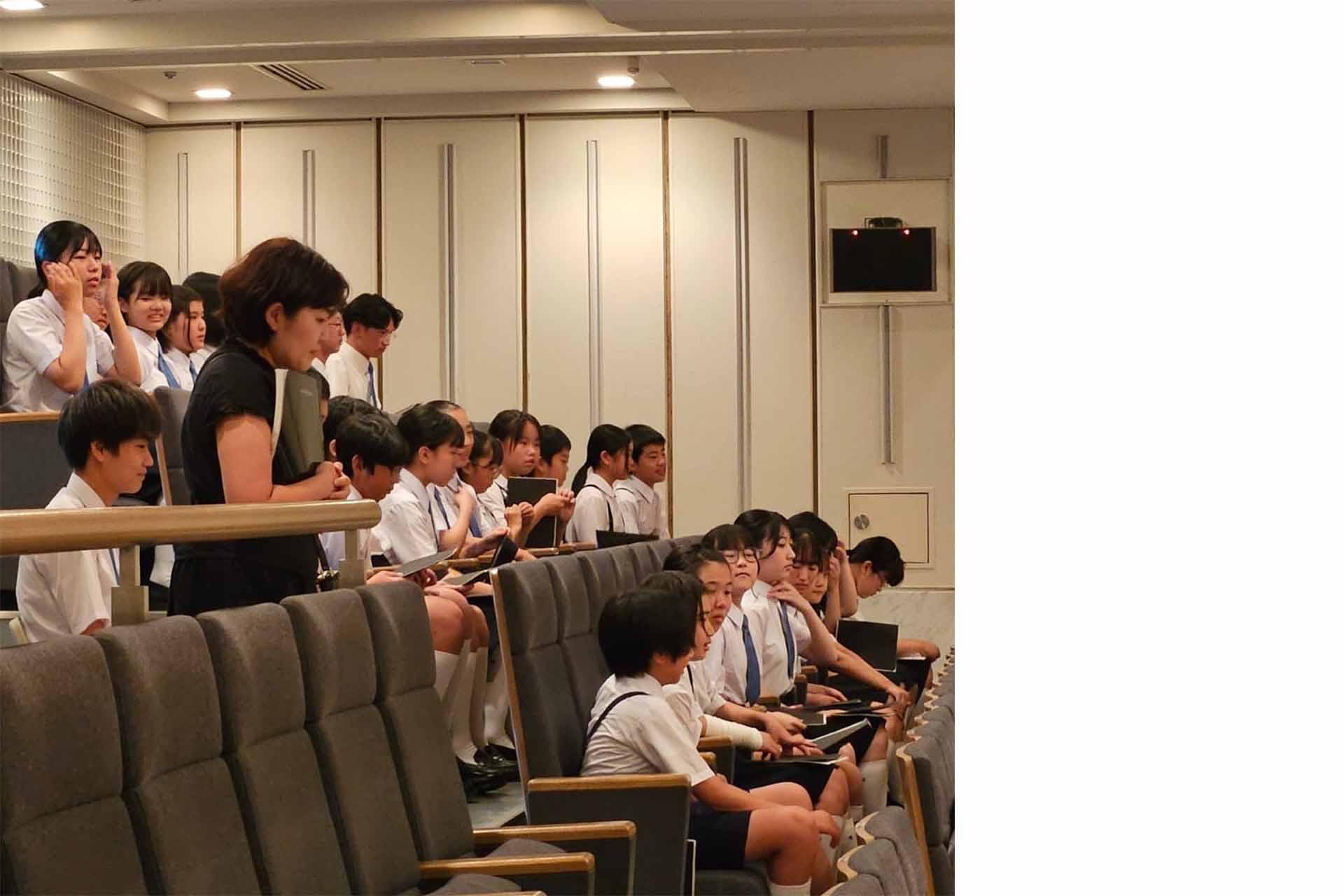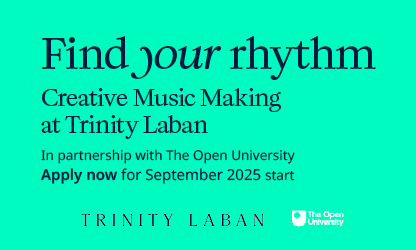Piece of Peace
Jill White, Publicity Officer of Bournemouth Symphony Chorus, recounts their landmark performance of War Requiem in Hiroshima, Japan, commemorating 80 years since the atomic bombing.
At the centre of Hiroshima stands the instantly recognisable Hiroshima Peace Memorial Dome, one of the few structures remaining after the atomic bombing of Hiroshima on 6 August 1945. This iconic building is set within Peace Memorial Park, which also includes the International Conference Centre Hiroshima (ICCH) with its impressive Phoenix Hall. ICCH was built to promote international exchange and improve civic culture; hosting conferences, concerts and peace-learning events. This purpose was perfectly fulfilled on 6 September 2025.

After years of preparation and months of rehearsals, Bournemouth Symphony Chorus alongside internationally acclaimed soloists; Hiromi Omura - soprano; James Gilchrist – tenor; and Roderick Williams – baritone, joined by Hiroshima Symphony Orchestra and NHK Tokyo Children’s Choir conducted by our Chorus Director Gavin Carr in a poignant and moving performance of Benjamin Britten’s War Requiem at Phoenix Hall.
This was the dream of Gavin Carr – to bring War Requiem to Hiroshima. The central message of this work is the waste of human life and destruction of war. What is a more appropriate work for this collaboration of UK and Japanese performers in this setting?

More than 180 BSC members and guests travelled from the UK a week before the performance, using time in Hiroshima for rehearsals with the soloists, orchestra and children’s choir, and to immerse themselves in the history and atmosphere of this ‘City of Peace’. The group visited the Peace Memorial Museum where photos, personal items and witness accounts create a graphic and memorable depiction of the city immediately before the bombing, the destruction and horrendous consequences of the aftermath.
The beautiful island of Miyajima provided a contrast to the city, with the ‘floating’ Torii gate, Itsukushima Shrine and Daiganji Temple where the group were introduced to the different influences of Shinto and Buddhist beliefs. The local deer wander fearlessly around the town, stalking tourists in the hope of finding a tasty morsel of food in pockets or unzipped backpacks.

Local cuisine ranges from authentic street food Okonomiyaki: a layered cabbage and noodle pancake with a variety of fillings to Kaiseki: a traditional multi-course Japanese dinner including octopus, deep-fried oysters, miso soup, pickles and yam cake dumplings accompanied by plum wine, sake or Asahi beer.
BSC had performed War Requiem in July at Lighthouse Poole, but this performance was expected to be a completely different experience for many reasons, not least because of the emotional reaction to the place. Hiroshima Symphony Orchestra were superb, NHK Tokyo Children’s Choir delightful and incredibly well disciplined. The piece ended with silence held by Gavin Carr for the longest of moments and when he slowly lowered his arms, the applause began. In Poole, BSC performances might be met by shouts of ‘Bravo’ or a standing ovation, but this was a different response entirely. The applause was warm, but respectful and went on and on. As the soloists and Gavin took their bows, the orchestra and choir were acknowledged, the leader stood and left the stage and still the applause continued. Even as the orchestra left the stage and the choir began filing out of the hall, there were audiences still clapping and they didn’t stop until the very last chorus members had left the auditorium.

To find out more about Bournemouth Symphony Chorus, visit their website and follow them on X (Twitter) and Facebook.



